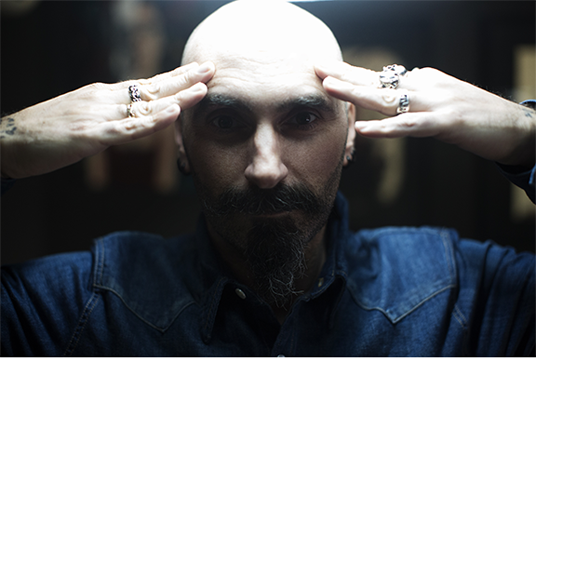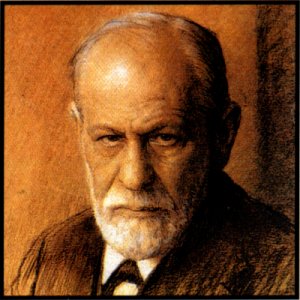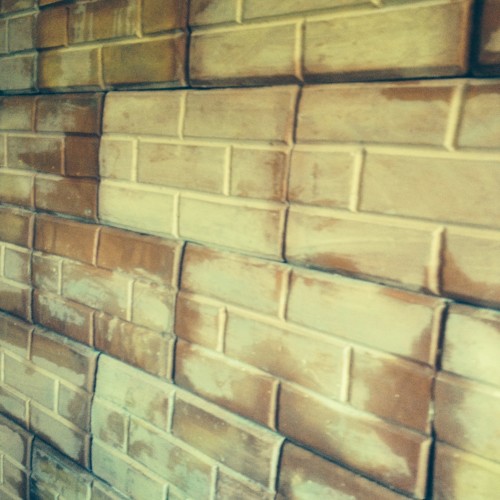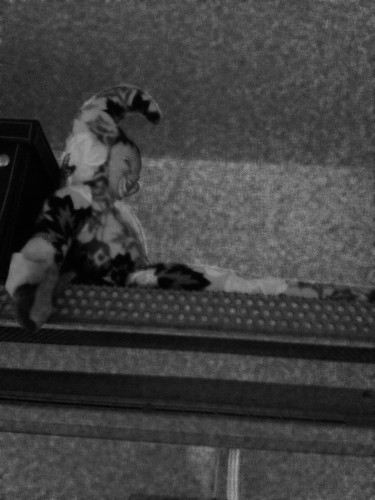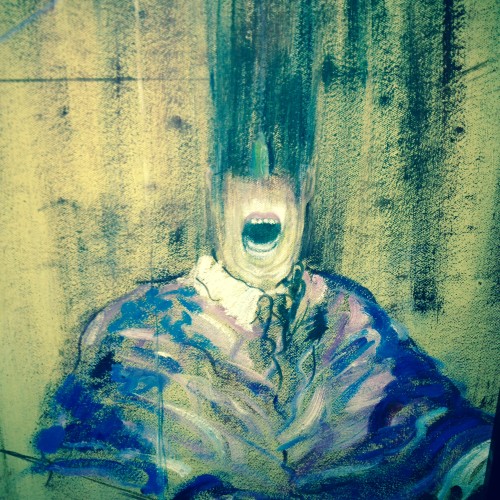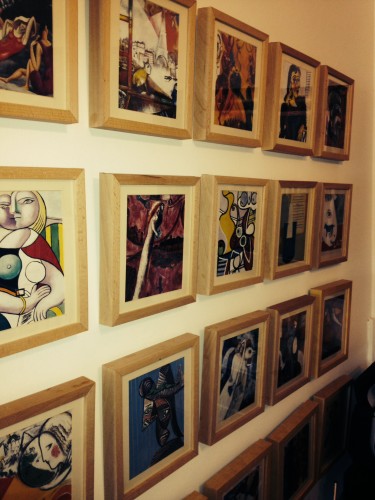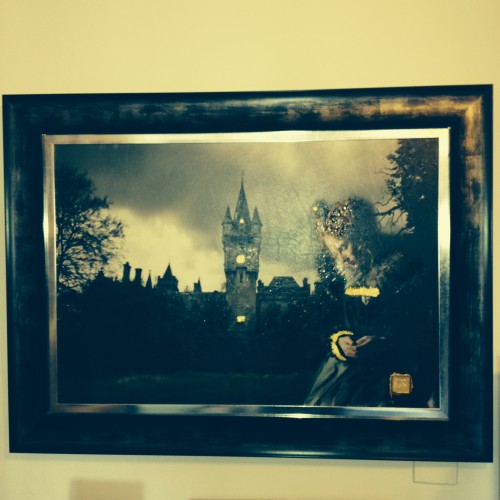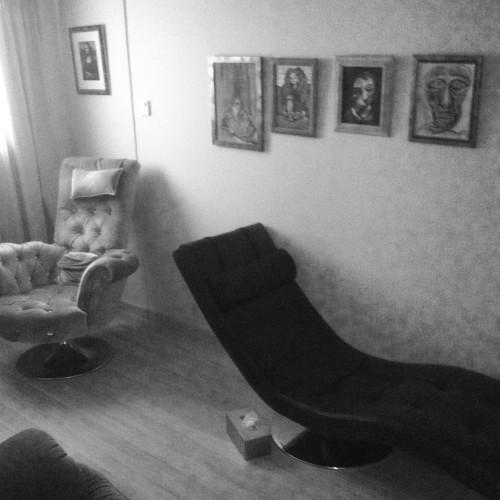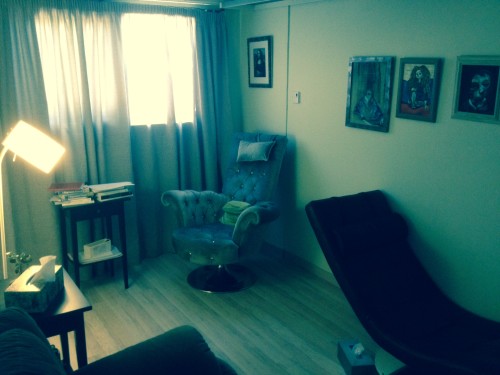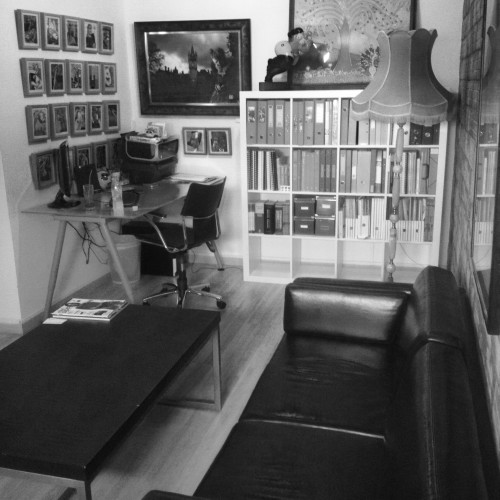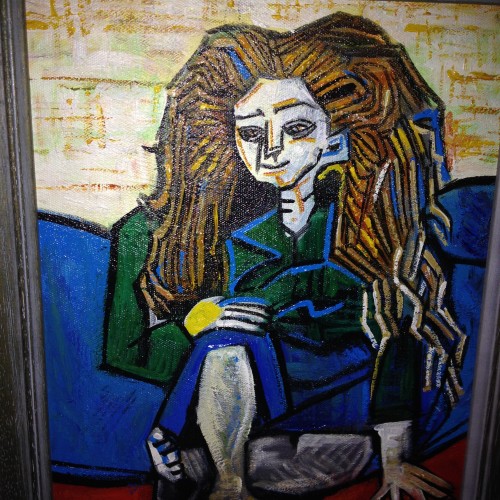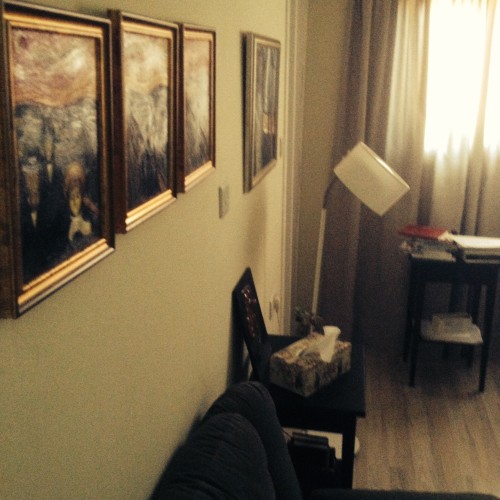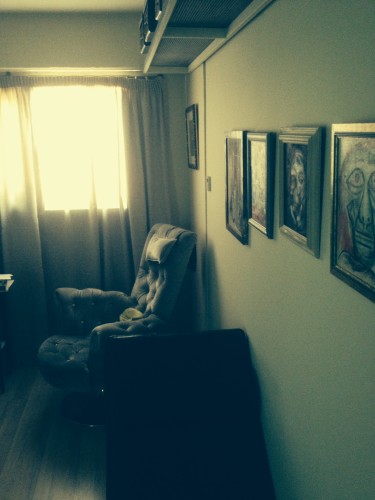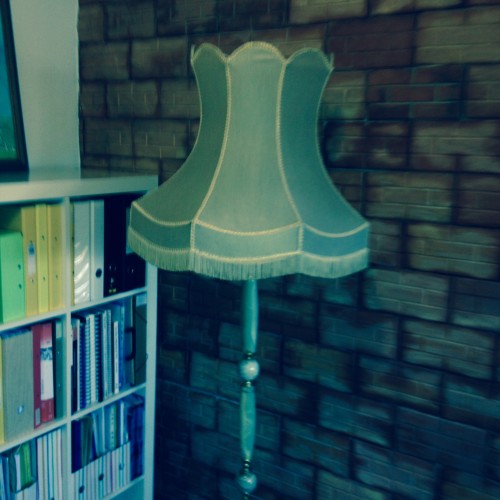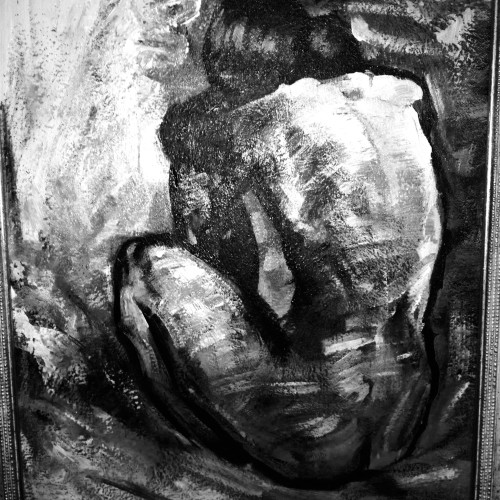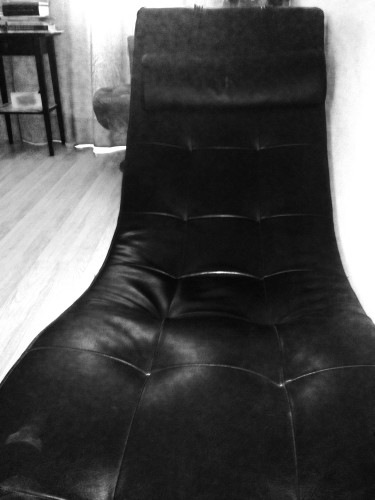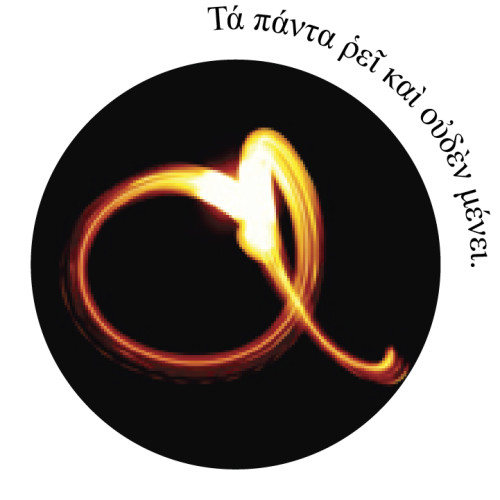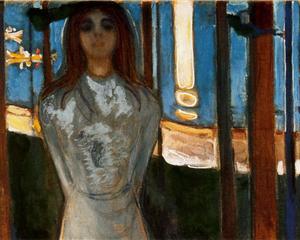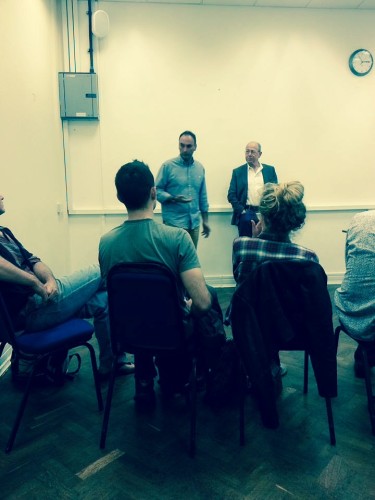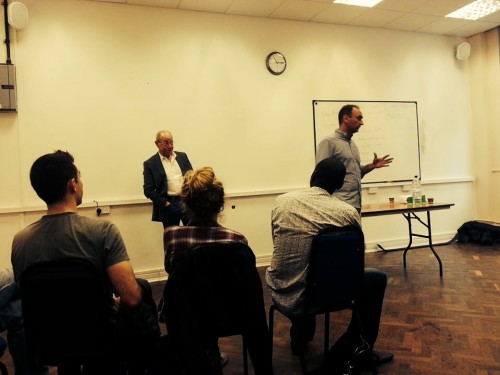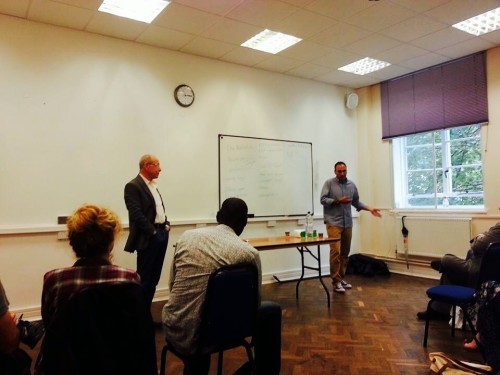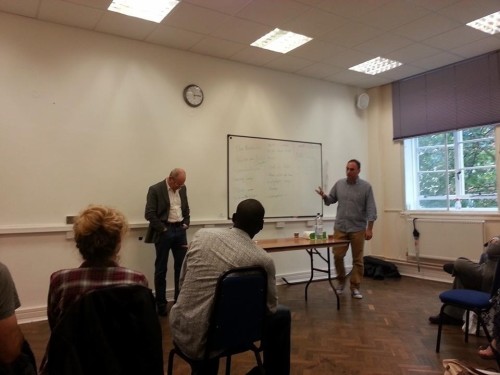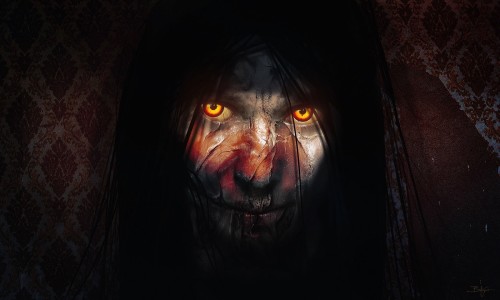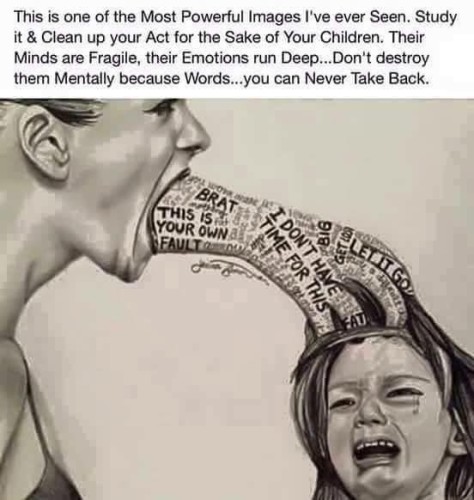
This picture situates perfectly the true position of the Freudian unconscious, the Unbewusste: neither in the environment nor in the biology of the brain but made of words- in fact it is structured like a language, but not a language itself because one cannot speak unconscious in the same way this same one can speak English or Greek: words carry within their phalanx of letters a jouissance, unknown to both parents and the child, shaping one’s stance in relationship with this Other of language, a function with which the young subject shall be stigmatized as a human being. This stratosphere of sounds, phonemes, the repository of signifiers, and the subject’s own act of choosing his own suffering and madness as Freud has once mentioned, within the drives of life and death, that is, what is repeated with consistency and frequency is nothing more than the subject itself, the individual who has been marked by a repetition of speech, spoken and heard and not perceived nether by the speaker nor the listener.
Language has its place in answering the enigmas and even the mysteries of life and, as this black and white picture testifies, the two bodies are touched and affected via the medium of speech, by what can be read and mostly but what is not read but written upon the human body stigmatizing, one way or another and in incalculable manners and fashions, the experience of life, understanding beyond the common sense, and formulating questions that are not articulated many times, such as What is my place and orientation in life; we could even go as far as to state, and repeat Freud and Lacan, that the human body is constructed of words. The symptom of the latter is the individual itself, the symptom of the affect of the Other’s language upon his body; struggling to orient its body and that which is beyond any natural selection, but its own deep, very deep, choices, to torture itself by whatever scene he or she is peripherised, surely itself structured through words. Our matter, our Ουσία, as human beings is language but one like no other, nothing like the code that, under observation, leads to a manual of How to.
A child will waste valuable dimensions of his life by working too hard, when even not necessary, because a gift of words have marked him as a lazy boy in his childhood; others will do different- this encounter with language and that reference coordinators of our being speaking are no mathematics and what and how the human subject will choose to do with his symptom is indeed a mystery, beyond the promising manual of How to live your life, famous in ours days because very few will dare to form their own path and pay the price of this uniqueness. In this picture, powerful indeed, one may glimpse at the crying face of the child revealing the truth and precision of the proverb, that language is very painful and that, although itself does not have bones it can break bones; in this case it is experienced as a heavy, very heavy burden by the child who, in absorbing all these signifiers, commandments, wishes, shouts of his parent, and it does so because the child loves its parent, it will castrate and sacrifice its own freedom; and thus the things and matters he once wished for or loved will be hated by this child because he has to make this parent happy, to prove right this chaotic aura of language by which human beings connect inhumanly with one another, father and child, mother and daughter.
